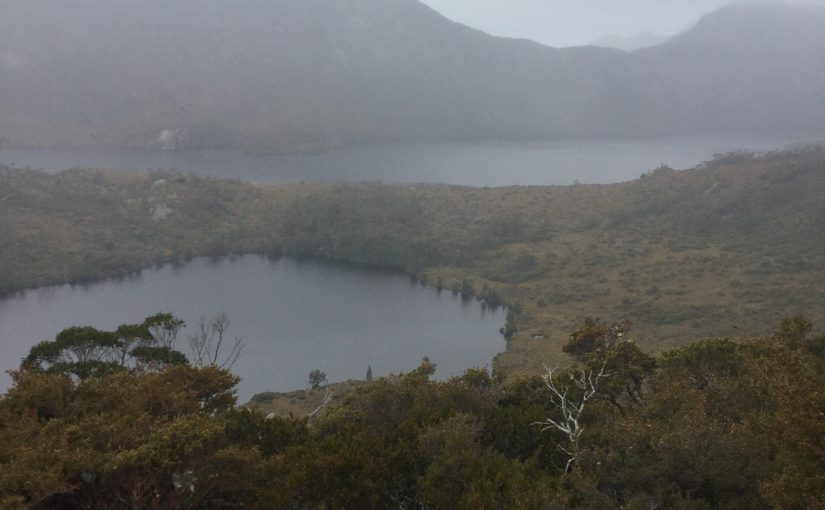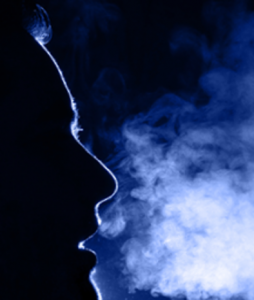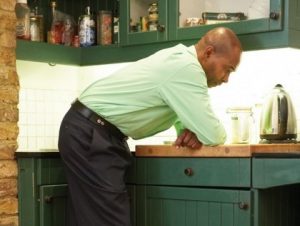I have such wonderful conversations with my patients that often have lessons for both patient and therapist. The best patient centred relationship is one where we learn off each other.
We were discussing relievers and spacers and how research has proven the improved dispersal of the reliever when a spacer is used. My patient then went on to say that she has taken to travelling with her reliever and the hand held fan as a kind of mini pulmonary toolkit that gives her the confidence of knowing she is prepared for every circumstance.
It reminded me of a situation I was in last week whilst travelling in Tasmania.
Cradle Mountain, world heritage area of majestic beauty but also a place of extreme weather and unpredictability. I was climbing to the Mt Marion Lookout and found that half way up in the cold and floating rain I had trouble catching my breath.
Exercise induced asthma has little warning I find. As every good explorer should do I had a snack in my pocket and my bottle of water and was rugged up in beanie and coat against the cold.
However just shy of the top things got a little uncomfortable. That need to fill the lungs but not getting as much as I’d like coupled with the knowledge that I was literally in the middle of nowhere and my nearest reliever was , you guessed it, in the car park an hour and a half away.
There was no way I was going to turn around and miss getting to the top so I used what I had to get relief. I stopped and leaned forward, blowing out through pursed lips and took a rest break to get my breathing under control. After a few minutes rest and hydrating with my drinking water I started up again pacing myself this time, keeping up the pursed lips as I went.
I made it and with a little sprint to compete with my 13 yr old daughter I got there ahead of the family and promptly claimed the seat to lean forward and recover my breathing once more.
To say the least, my patient was wise in her preparation and a puffer in my pocket next time will be part of my good explorer ensemble.




